SAARC moot: Pakistan for EU style South Asia
Urges devising roadmap for regional market
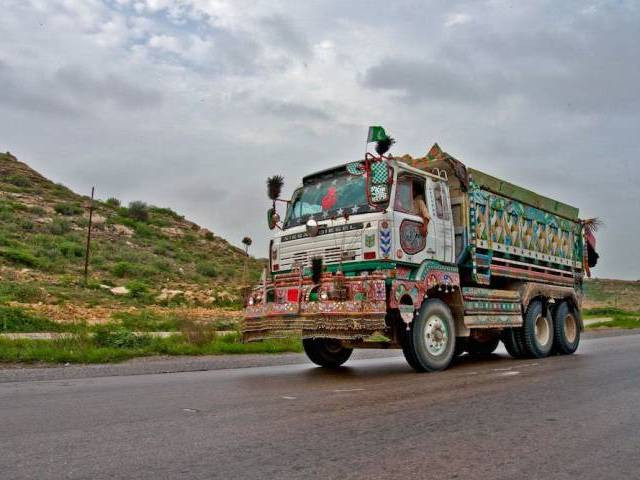
Urges devising roadmap for regional market. PHOTO: ADB
“A lot of progress is still due on the Regional Economic Integration Study (Phase-II),” said Finance Secretary Dr Waqar Masood while chairing the 8th Saarc Finance Secretaries meeting on Thursday.
SAARC ministerial moot: 'Indian excesses in Kashmir terrorism'
“Though considerable progress has been made in some areas under the ambit of this meeting, many of the issues still need prioritised attention by the national governments,” he said while also emphasising upon the need to focus on priority areas of reduction and removal of non-tariff barriers (NTBs) and para-tariff barriers (PTBs), which are hindering exports from Pakistan to India.
The NTBs and PTBs – mainly used by India against regional trade – have adversely affected the implementation of South Asian Free Trade Agreement (Safta). Intra-regional trade is only 5% of the total trade volume of Saarc countries.

Safta has fallen short of expectations due to complex safeguard measures and NTBs among Saarc member countries. A Phase-I study on Regional Economic Integration (REI) proposed approaches of achieving the long-term objective of having a common market through four pillars: market integration, cross-border connectivity, energy cooperation and private sector liberalisation.
The second phase of the study on REI intends to provide a roadmap for achieving the South Asian Economic Union (SAEU), which the finance secretary urged the member nations to devise.
Earlier, Saarc Secretary General Arjun Bahadur Thapa started the inaugural session in Islamabad. In his address, he also laid special emphasis on moving from Safta towards SAEU.
The Indian economic affairs secretary urged the member states to sign Saarc Motor Vehicle Agreement (MVA) aimed at getting access to Afghanistan through land.
India sticks to no bilateral meetings at SAARC huddle
He said that for promotion of trade the motor vehicle agreement and railways services agreement were important.
India is of the view the MVA will convert the region into a borderless territory for cargo and passenger movement. While Pakistan refused to sign the MVA during the last Saarc summit, Bangladesh, Bhutan, India and Nepal have signed the pact known as BBIN.
Meanwhile, Pakistani officials say there are impediments to achieving the objective of a common regional market, most notably the hostilities between archrivals India and Pakistan.
India did not even send its Finance Secretary Ashok Lavasa to attend the meeting and Economic Affairs Secretary Shaktikanta Das represented New Delhi at the moot, which will be followed by the Saarc Finance Ministers meeting that begins today (Friday).
The recommendations of the finance secretaries will be submitted for consideration at the finance ministers moot.
Pakistan has invited all Saarc states to attend the meetings but India and Bangladesh may not attend the meeting.
Pakistan has urged the countries to take measures for energy cooperation, trade facilitation, investment cooperation, reduction on products in the sensitive lists, Saarc Agreement on Trade in Services and improvement in connectivity through rail, road, air and maritime among member states.
Published in The Express Tribune, August 26th, 2016.

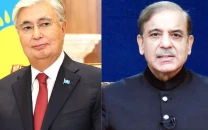
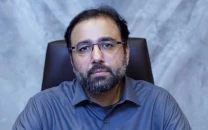
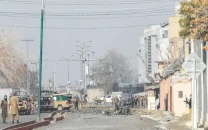

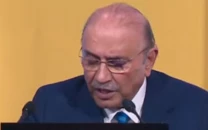













COMMENTS
Comments are moderated and generally will be posted if they are on-topic and not abusive.
For more information, please see our Comments FAQ